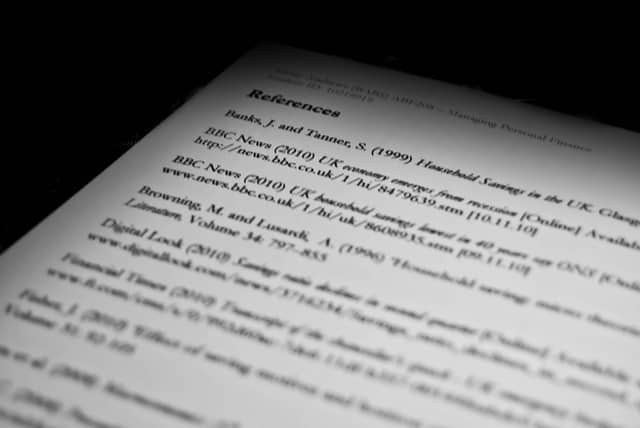If you’re in school right now, you’re probably aware of this already, but if you came of age before the internet, you’re in for a shock: you can get a doctorate without every writing an essay. It’s not a dumbing down of our educational system that is to blame, it’s the internet and the “essay mill” industry.
A recent article in the Chronicle of Higher Education is an autobiographical look at one such businessman, who by his own count has written over 5,000 pages of scholarly literature in the last year, almost all of it on tight deadlines.
I’ve written toward a master’s degree in cognitive psychology, a Ph.D. in sociology, and a handful of postgraduate credits in international diplomacy. I’ve worked on bachelor’s degrees in hospitality, business administration, and accounting. I’ve written for courses in history, cinema, labor relations, pharmacology, theology, sports management, maritime security, airline services, sustainability, municipal budgeting, marketing, philosophy, ethics, Eastern religion, postmodern architecture, anthropology, literature, and public administration. I’ve attended three dozen online universities. I’ve completed 12 graduate theses of 50 pages or more. All for someone else.
He works for an online company that generates tens of thousands of dollars a month by creating original essays based on specific instructions provided by cheating students. He’s worked there full time since 2004, and on any given day of the academic year, he’s working on more than 20 assignments.
In the midst of this great recession, business is booming. At busy times, during midterms and finals, my company’s staff of roughly 50 writers is not large enough to satisfy the demands of students who will pay for our work and claim it as their own.
You would be amazed by the incompetence of your students’ writing. I have seen the word “desperate” misspelled every way you can imagine. And these students truly are desperate. They couldn’t write a convincing grocery list, yet they are in graduate school. They really need help. They need help learning and, separately, they need help passing their courses. But they aren’t getting it.
For those of you who have ever mentored a student through the writing of a dissertation, served on a thesis-review committee, or guided a graduate student through a formal research process, I have a question: Do you ever wonder how a student who struggles to formulate complete sentences in conversation manages to produce marginally competent research? How does that student get by you?
Photo by Kirstea
